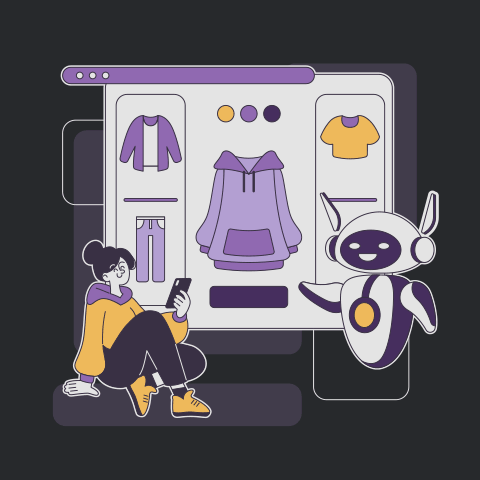[Jon Buss] So, how is search evolving in a world of misinformation? Only 34% of people trust the brands that they buy from - Any why? Primarily because of eronious information that's out there - Fake news, misinformation. It's kind of everywhere.
i wanted to give you a quick example actually, and again, I'm trying to be as relevant as possible without getting too close to this, you know, clearly very difficult cumstances that we're all living through.
This is a true news report from a TV station in Australia, literally as this coronavirus crisis was first happeing in China. They actually broke a story that said - with this particular map - "this is how coronavirus is being spread, and this is where Wuhan residents have gone", post the virus being discovered within China.
Well, this is false. This is actually the world's flight map. so this is actually showing where every single aircraft flies, and every different routemap around the world. This is not where people from Wuhan went after this broke in China.
Another expample which isn't quite as serious as the last one, is that it isn't just fake news, it's about misinformation as well, and the ownership of informtion.
So here's a question; how many calories in a pint of Guiness? Probably something that's more close to our hearts at the moment with sales of alcohol off the charts right now. But you know, how many calories in a pint of guiness? If you search for this, "calories in a guiness" - 125 calories. And this is being served by time.com.
Well I can tell you that's not correct. If you slightly change the search to "how many calories in a pint of Guiness", you actually get the right answer, which is 210. But again, it's not owned by the source of truth. it's not owned by Guiness, it's not owned by Diageo - it's metro.co.uk that are serving up this answer.
Another one is Benefit cosmetics; "are they cruelty free"? So if you do that search on Google, it comes back, and cruelty-free-kitty are saying that Benefit is not cruelty free, and that they test on animals. Wheras if you go to Benefit cosmetics' website and ask the same question, actually they don't test the products on animals - so kind've, which is true? Which is the fact, which is misinofmration?
So it isn't just about fake news or misinformation, it's about confusing information. And the answer to this one, by the way, is that Benefit doesn't test on animals, hasn't done since 1989 - however in China, if you want to sell products there, you have to test on animals, it's a prerequisite - so that's what's being picked up on the left, and Benefit are coming at it from the other extreme, but it is confusing.










